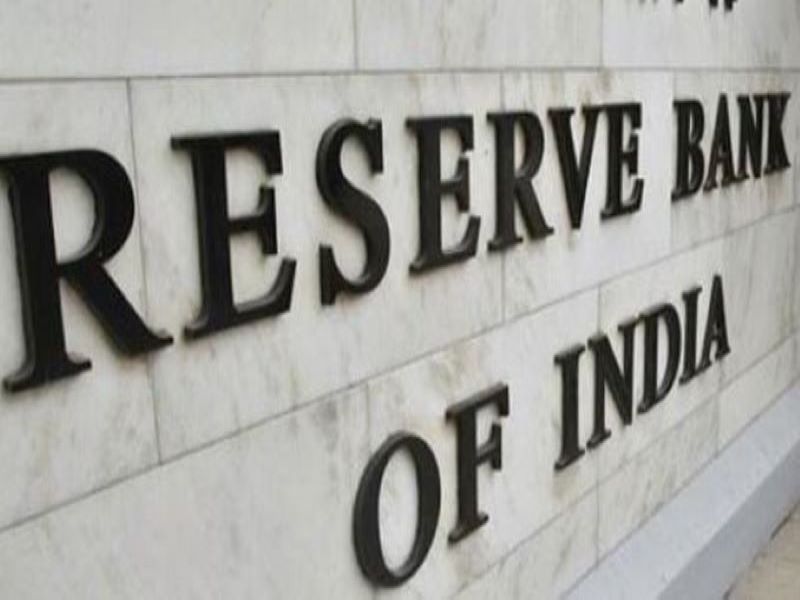 GNPA | Banks
GNPA | Banks Banks' Gross NPAs may jump to 9.5 pc under severe stress scenario by Sept 2022: RBI Financial Stability Report
Mumbai/IBNS: The Reserve Bank of India has said the gross non-performing assets (GNPAs) of banks may jump from 6.9 percent in September 2021 to 8.1 percent by September 2022 under the baseline scenario and to 9.5 percent under a severe stress scenario, the Reserve Bank of India (RBI) said in its Financial Stability Report (FSR) on Wednesday.
However, the scheduled commercial banks have enough capital both at the individual and aggregate level even in the severe stress scenario.
The FSR indicates the collective assessment of the Sub-Committee of the Financial Stability and Development Council (FSDC) on risks to financial stability and the resilience of the financial system.
There are signs of slowing pace more recently, the report said. Also, the corporate sector is getting back strength and bank credit growth is improving, it said.
The the capital to risk-weighted assets ratio (CRAR) of scheduled commercial banks (SCBs) rose to a new peak of 16.6 per cent and their provisioning coverage ratio (PCR) stood at 68.1 per cent in September 2021, which is a positive indication the report said.
The report noted that the global economic recovery has been losing momentum in the second half of 2021 in the wake of the emergence of Omicron, the new variant of coronavirus, leading to supply disruptions, bottlenecks and elevated inflationary levels.
Changes in monetary policy stances and actions as well as in emerging market economies has led to weakness in global economy, the FSR report added.
Support Our Journalism
We cannot do without you.. your contribution supports unbiased journalism
IBNS is not driven by any ism- not wokeism, not racism, not skewed secularism, not hyper right-wing or left liberal ideals, nor by any hardline religious beliefs or hyper nationalism. We want to serve you good old objective news, as they are. We do not judge or preach. We let people decide for themselves. We only try to present factual and well-sourced news.







